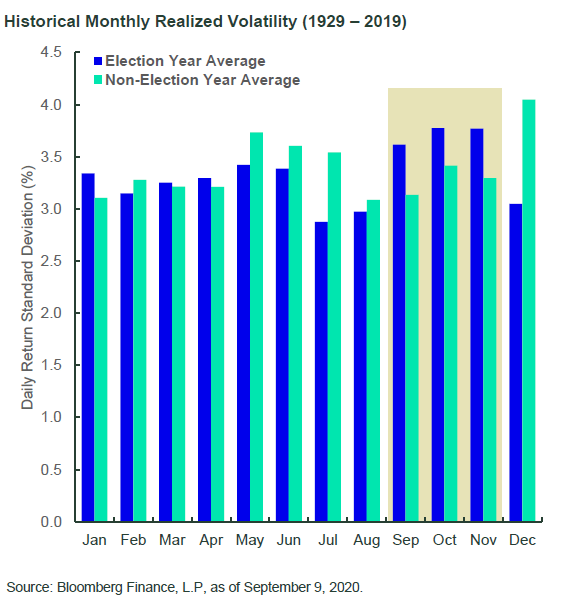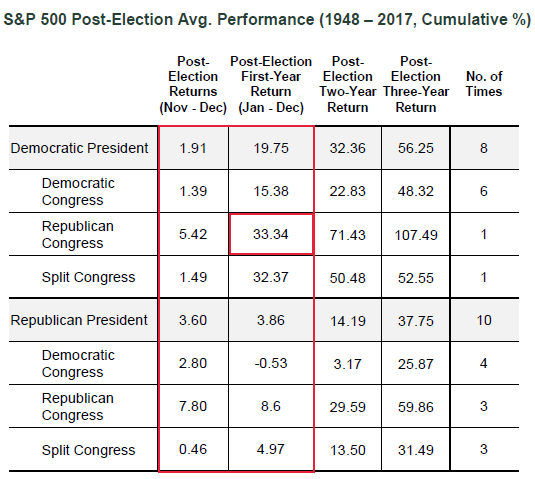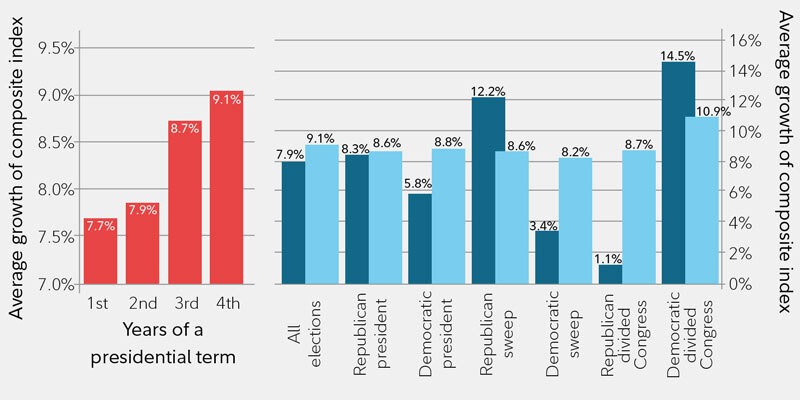3 Ways to Apply the 80/20 Rule to Your Financial Pursuits
Ever heard of the 80/20 rule? It suggests 80% of an outcome is often the result of just 20% of the effort you put into it.
Often, by prioritizing the 20% of your efforts that make the biggest splash, you can reduce excess commotion. In that spirit, here are 3 financial best practices that pack a lot of value per “pound” of effort.
1. Investing: Be There, and Stay There
You could do far worse than invest, according to a sentiment attributed to Woody Allen:
“80% of success is showing up.”
Going back to 1926 and after adjusting for inflation, U.S. stocks have delivered about 7.3% annualized returns to investors who have simply been there, earning what the markets have to offer over the long haul. Those who instead fixate on dodging in and out of hot and cold markets are expected to reduce, rather than improve their end returns. That’s because, when markets recover from a downturn, they often more than make up for the stumble quickly, dramatically, and without warning. Instead of chasing trends, simply stay invested over time.
2. Portfolio Management: Use Asset Allocation, and Don’t Monkey With the Mix
Asset allocation is about investing in appropriate percentages of security types, or asset classes, based on their risk/return “personality.” For example, given your financial goals and risk tolerances, what ratio of stocks versus bonds should you hold?
Both practical and academic analyses have found that asset allocation is responsible for a great deal of the return variability across and among different portfolios. So, to build an efficient portfolio, we advise paying the most attention to your overall asset allocation, rather than fussing over particular securities. Luckily, if you’re a client of ours we’ve already taken care of this for you.
3. Financial Planning: Do It, But Don’t Overdo It
Also in 80/20 rule fashion, an ounce of financial planning can alleviate pounds of doubt. Planning connects your resources with your values and priorities. It’s your touchstone when uncertainty eats away at your resolve. And it guides how and why you’re investing to begin with.
Here’s some good, 80/20 news: Your plan need not be elaborate or time-consuming to be effective. In The One-Page Financial Plan, author Carl Richards describes:
“Your one-page plan simply represents the three to four things that are the most important to you: some action items that need to get done along with a reminder of why you’re doing them.”
If you’d like to do more, great. But even a one-page plan will give you a huge head start. Write it down, as Richards describes. When in doubt, read what you’ve written. Is it still “you”? If so, your work is done; stick to plan. If not, consider what’s changed, and update your plan accordingly. I
Building Lifetime Wealth, 80/20 Style
Properly applied, the 80/20 rule can help minimize the time and energy you have to put into maximizing your financial well-being. Whether you’re saving for retirement, funding your kids’ college education, preparing for a wealth transfer, applying for insurance, or otherwise managing your hard-earned wealth, we can help you identify and execute these and other actions that matter the most, so you can get back to the rest of your life.
Ready to put the 80/20 Rule in action for yourself? Give us a call today.

Cary Facer
Partner Emeritus, Warren Street Wealth Advisors
Investment Advisor Representative, Warren Street Wealth Advisors, LLC., a Registered Investment Advisor
The information presented here represents opinions and is not meant as personal or actionable advice to any individual, corporation, or other entity. Any investments discussed carry unique risks and should be carefully considered and reviewed by you and your financial professional. Nothing in this document is a solicitation to buy or sell any securities, or an attempt to furnish personal investment advice. Warren Street Wealth Advisors may own securities referenced in this document. Due to the static nature of content, securities held may change over time and current trades may be contrary to outdated publications. Form ADV available upon request 714-876-6200.




